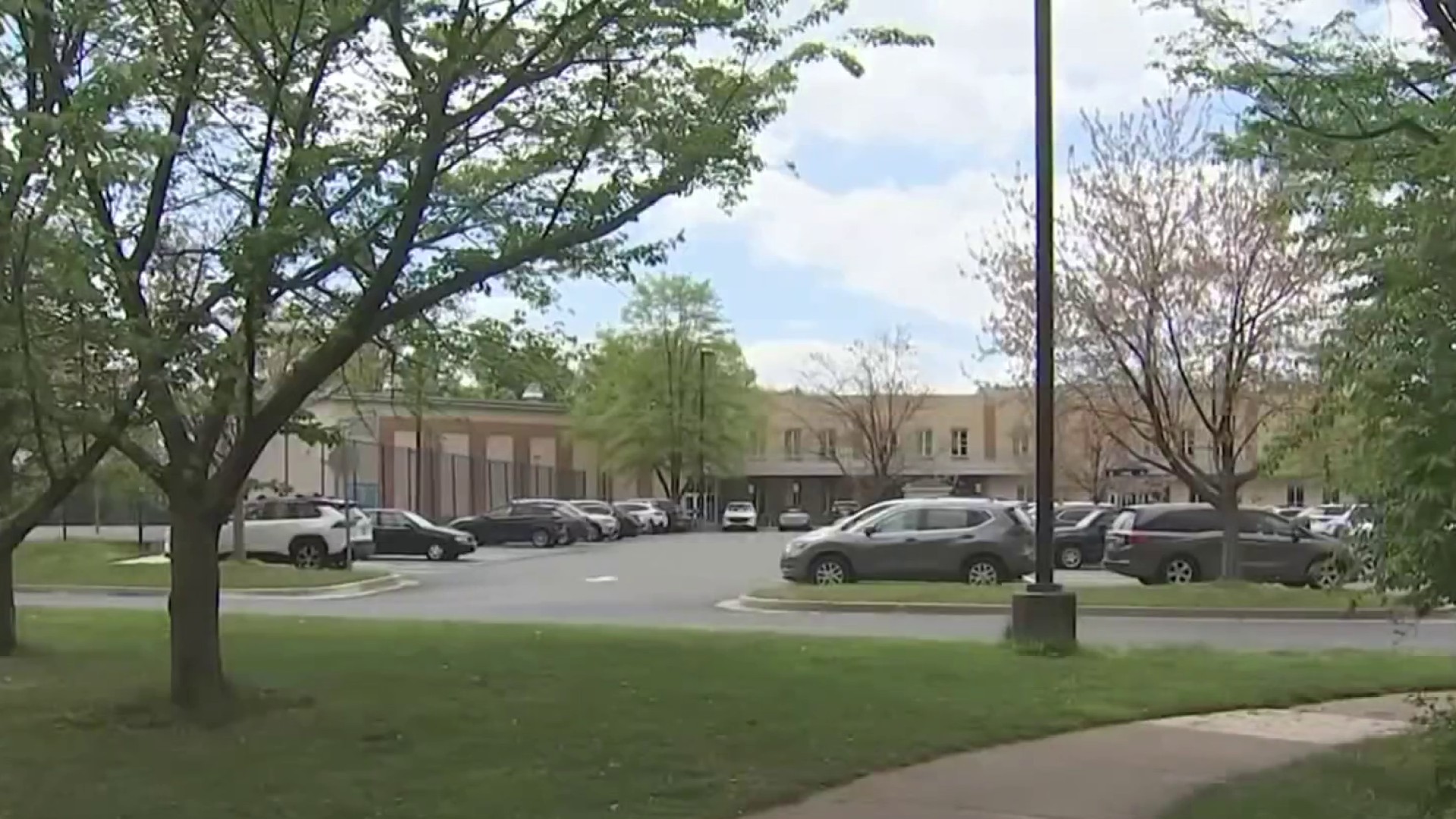Every morning in the Rockville office of On the Marc Media, public relations specialist Madeline Pinckert hears the same joke from her colleagues.
“You want some coffee with your Splenda?”
Pinckert is an admitted addict of the artificial sweetener. She typically tears open six yellow packets at a time for each cup of coffee. After her morning fix, she’ll eat a sucralose-sweetened yogurt or two.
“I’ve done the math. It’s twenty packets a day,” said Pinckert.
Pinckert’s plunge into artificial sweetness started a few years ago. An incurable sweet-tooth, Pinckert wanted to trade out real sugar, especially because her taste buds demanded so much of it.
“I don’t like sugar,” said Pinckert. “I try to stay away from sugar between the crash and the calories.”
Today there are twenty-five artificial and man-made sweeteners on the market. Their popularity is fueled by America’s obsession with weight loss.
Local
Washington, D.C., Maryland and Virginia local news, events and information
Artificially-sweetened and no-calorie sodas may indeed help consumers lose weight -- if they count calories and burn them through exercise, according to Michael Jacobson, executive director of the Center for Science in the Public Interest (CSPI).
“I think a lot of people think, ‘Oh, I'll drink this diet soda and the pounds will melt off.’ Losing weight is so hard. These artificial sweeteners are not magical,” said Jacobson.
And some of them may actually be harmful, depending on the medical study you believe.
There has been a “cloud of doubt” over aspartame, marketed as Equal and NutraSweet in a blue packet, since it was approved by the FDA thirty years ago and a small percentage of people report side effects such as headaches and dizziness as a result of consuming products with aspartame, according to Jacobson.
More significant were the first-ever independent studies of aspartame, conducted by Italian scientists, Jacobson said. Their research showed that aspartame caused cancer – lymphoma and leukemia -- in laboratory rats. But the risk of illness to humans who consume small amounts of aspartame appears to be minimal.
“It’s not a death sentence if you drink Diet Coke with aspartame,” said Jacobson. “There's been no obvious increase in cancer rates since artificial sweeteners became widely consumed. There's no epidemic of new cancers, so the risk is very low if these really do cause cancer.”
Saccharine -- better known as Sweet'N Low in the pink packet -- is well-studied, but results are mixed.
“With saccharine, there are question marks about it. There have been many studies showing that it causes cancer in animals and a couple of studies showing it causes cancer in people, and then there are many other studies showing that it doesn't cause cancer,” said Jacobson.
Truvia and PureVia, brand names of a sweet substance derived from the stevia plant, are too new on the market and inadequately studied, said Jacobson. Just because a product claims to be from a natural source does not prove that it is safe, according to the CSPI.
The closest Jacobson came to calling an artificial sweetener unsafe was when he warned against acesulfame K, a sweetening agent found in soda and chewing gum.
“I’m very dubious of it,” said Jacobson. “Twenty years ago we urged the FDA not to approve it and the agency dismissed our concerns.”
Jacobson’s pick of all the packets? The yellow one.
“If you insist on having ‘diet’ this or ‘diet’ that, Splenda or sucralose is probably the safest. It has not caused cancer or significant other problem in the animal studies that have been conducted. Too bad it is often mixed with acesulfame K which has real serious question marks, and shouldn’t be on market,” said Jacobson.
That’s welcome news to Pinckert, who said she eats fewer sweet foods throughout the day thanks to her Splenda-saturated coffee.
“I figure if my one vice is the least harmful of all the sweeteners, then I feel okay about it,” said Pinckert.
Jacobson said seltzer water, milk, or just plain water are safer and healthier options for drinks.
“Still, I think drinking a diet soda is better than the ten to twenty teaspoons of sugar you're going to get in a real soda, plus all those calories,” said Jacobson. “Probably the best thing is to avoid them both.”
But don’t dismiss the little white packet, encourages The Sugar Association.
“Sales of sugar have been steady. Artificials are not eating into the market too much,” said Phillip Hayes of The Sugar Association.
Hayes pointed to a recent Harris poll on artificial sweeteners which showed three in five Americans believe they are somewhat or not at all safe.
Common artificial sweeteners have very little name recognition, the poll found, so parents are unaware of what they’re giving their children. For example, according to poll results, acesulfame k, the sweetener that the CSPI thinks should be off the market, is virtually unknown to parents. Only five percent of parents polled identified it correctly.
The Sugar Association has petitioned the Food and Drug Administration to follow Canada’s lead and clear up consumer confusion with front-of-package labeling for artificial sweeteners.
As for concerns about calories, Hayes explains that a true teaspoon of sugar – not a heaping one -- has just fifteen calories that are easily burned off in sixteen minutes of sleep.



